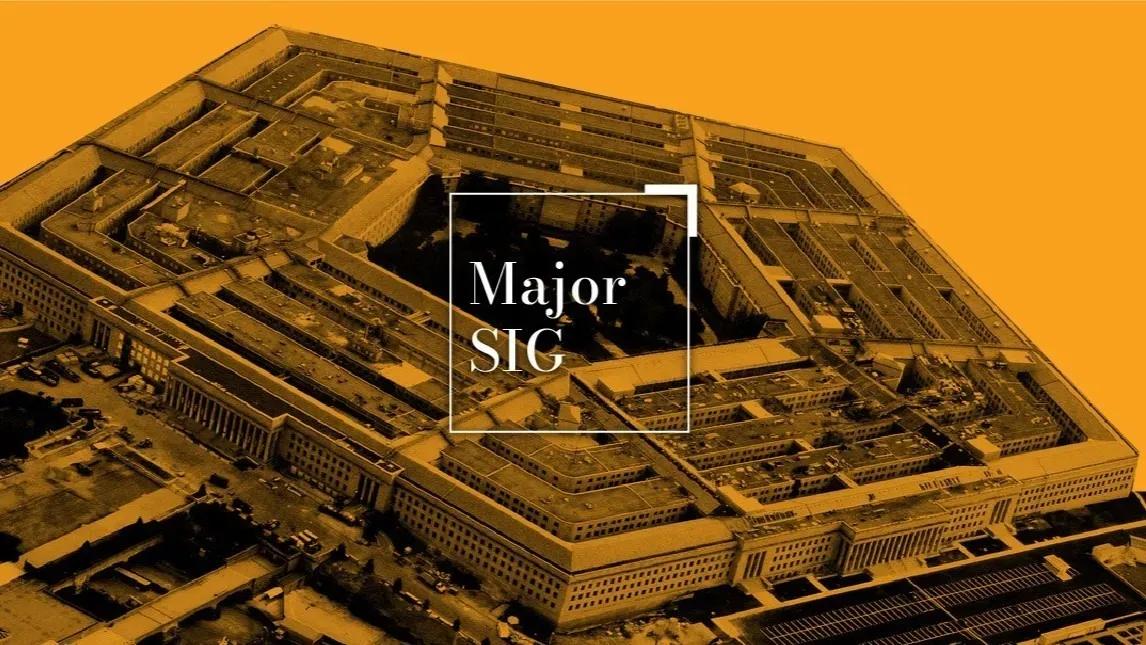Jesús Daniel Romero from Miami Strategic Intelligence Institute for Poder & Dinero and FinGurú

This measure, which reinforces control over the Panamanian merchant fleet, is part of a policy to comply with international sanctions that Panama has intensified since 2019, when the administration of former President Donald Trump exerted strong pressure on the country to prevent its flag from being used in illicit operations.
Pressures from the Trump administration and their impact on Panama
In 2019, the U.S. Department of the Treasury, through the Office of Foreign Assets Control (OFAC), tightened sanctions against Iran and other nations to cut off their funding sources. As a result, Panama faced unprecedented pressure to protect its merchant fleet from any possible sanctions evasion. In response, the AMP withdrew the registration of 136 vessels associated with the National Iranian Oil Company (NIOC), sending a clear message of cooperation with U.S. policies (OFAC, 2019).
A new framework for maritime oversight
To avoid delays in implementing these measures, in October 2024, the Panamanian government issued Executive Decree No. 512, which allows for the immediate cancellation of the registration and navigation license of vessels included on sanctions lists from organizations such as OFAC, the European Union, and the UN. Thanks to this new legislation, Panama has been able to act more swiftly in the recent cancellation of the registration of 107 vessels and in the process of deregistering another 18, thus consolidating its commitment to comply with international regulations (Government of Panama, 2024).
Repercussions and effects on the global maritime industry, especially for China
The decisions made by Panama have a significant impact on the global maritime industry. As one of the largest flag registries in the world, this measure strengthens global confidence in the legality of maritime trade. Panama ensures that its registry is not used to evade sanctions or engage in illicit activities, which directly affects the fleets of countries that depend on these registries, such as China.
1. Chinese merchant fleet
China, a key player in the global maritime industry, widely uses the Panamanian flag for its vessels, particularly those trading in sanctioned products, such as Iranian or Venezuelan oil. The sanctions imposed on these countries directly affect China's interests, which could force Chinese companies to consider changing their vessels' registration to other countries if they are impacted by Panama's new regulations.
2. Trade relations with Iran and Venezuela
China has been a strategic partner of Iran and Venezuela, countries facing international sanctions, and uses its ports and vessels to continue trading with them. Panama's recent measures affect China's trade routes with these countries, as vessels that previously operated under the Panamanian flag are now forced to change registration or seek less regulated alternatives, which could complicate the transportation of goods (Chen, 2021).
3. Impact on global trade
Panama is a key connection point in global trade routes, and the sanctions imposed on its fleet could affect the efficiency of maritime transport. For China, which heavily relies on maritime transport for exporting its products, the sanctions could cause delays, changes in trade routes, and additional costs, altering the dynamics of global trade (Liu, 2020).
Conclusion
The recent cancellation of 107 vessel registrations, as well as the potential deregistration of another 18, marks a turning point in Panama's maritime policy, largely driven by the pressures of the Trump administration since 2019. This measure strengthens Panama's cooperation with the United States and the international community, but also raises questions about the long-term impact on the competitiveness and autonomy of its merchant registry.
Furthermore, the measures adopted significantly affect the global maritime industry, particularly countries like China, which is directly impacted by sanctions related to trading in sanctioned products. Will this mark the beginning of even stricter oversight over the Panamanian fleet?
References
Chen, Z. (2021). China's maritime strategy and the impact of international sanctions on maritime routes. Asian Maritime Review, 45(3), 112-125.
Government of Panama. (2024). Executive Decree No. 512: Regulations on the cancellation of maritime registrations to comply with international sanctions. Official Gazette of Panama.
Liu, H. (2020). The global shipping industry and the role of Panama: A focus on China's shipping sector. International Journal of Maritime Economics, 22(4), 30-45.
Office of Foreign Assets Control. (2019). Sanctions Against Iran. U.S. Department of the Treasury. Retrieved from https://www.treasury.gov/resource-center/sanctions/Programs/pages/iran.aspx
U.S. Department of State, United States Southern Command, COL Carl D. Springer, US Army (Ret) Tulsi Gabbard Diario las Américas The Epoch Times The Epoch Times Español Jesus Romero William Acosta Truth Social innovated by President Donald J. Trump
Major SIG®: Analytical, Strategic, and Geopolitical Intelligence Reports from the Miami Strategic Intelligence Institute (MSI2) Senior Fellows. Follow us and subscribe on LinkedIn. For more information, please visit www.miastrategicintel.com
Jesús Daniel Romero is a Retired Commander of Naval Intelligence from the United States. Co-founder and Senior Fellow of the Miami Strategic Institute, and author of the Amazon bestseller "Final Flight: The Queen of Air," where he recounts his experiences in the fight against drug cartels in Central America.
He is a permanent contributor to Diario Las Américas in Miami, and his interviews in prominent media outlets in the state of Florida, both radio and television, are also noteworthy.

Comments